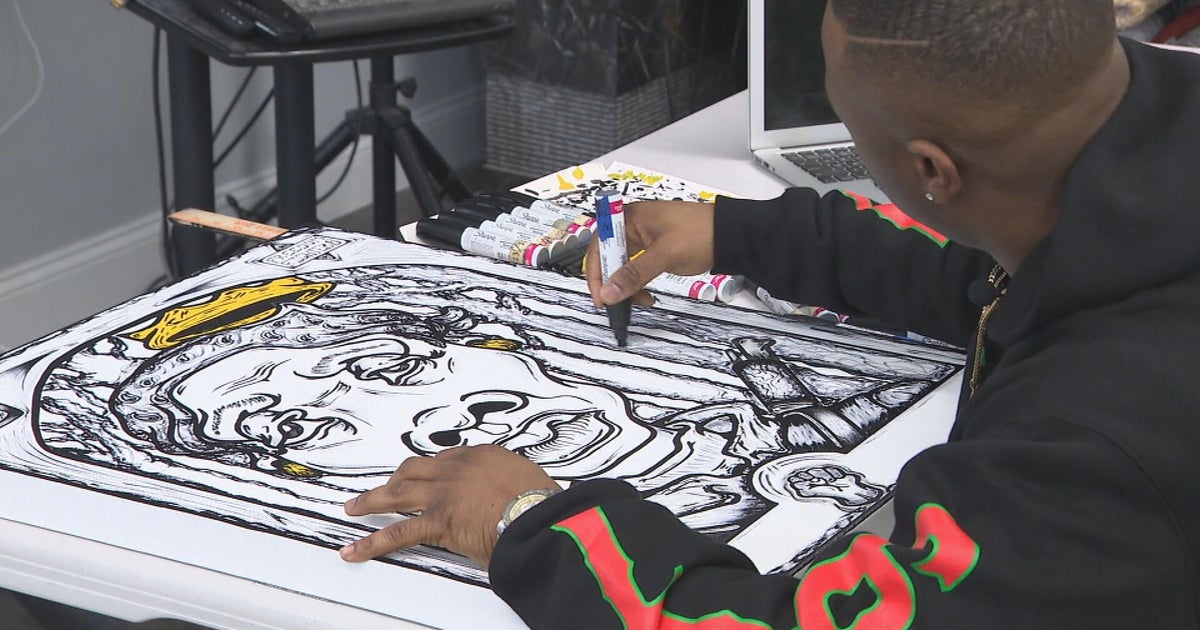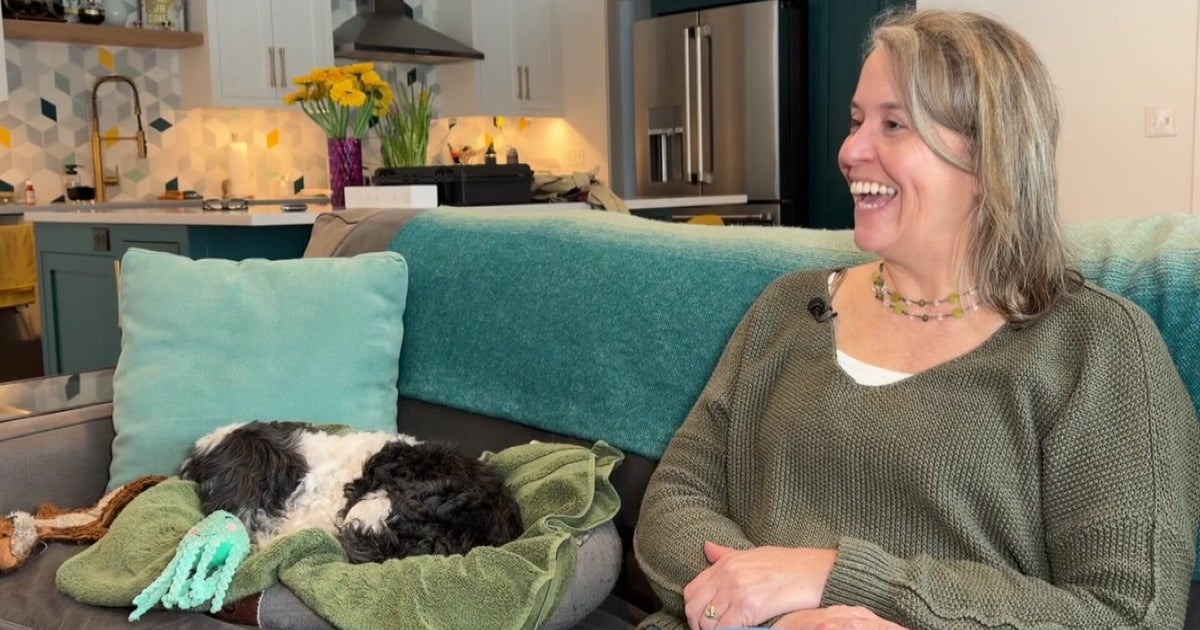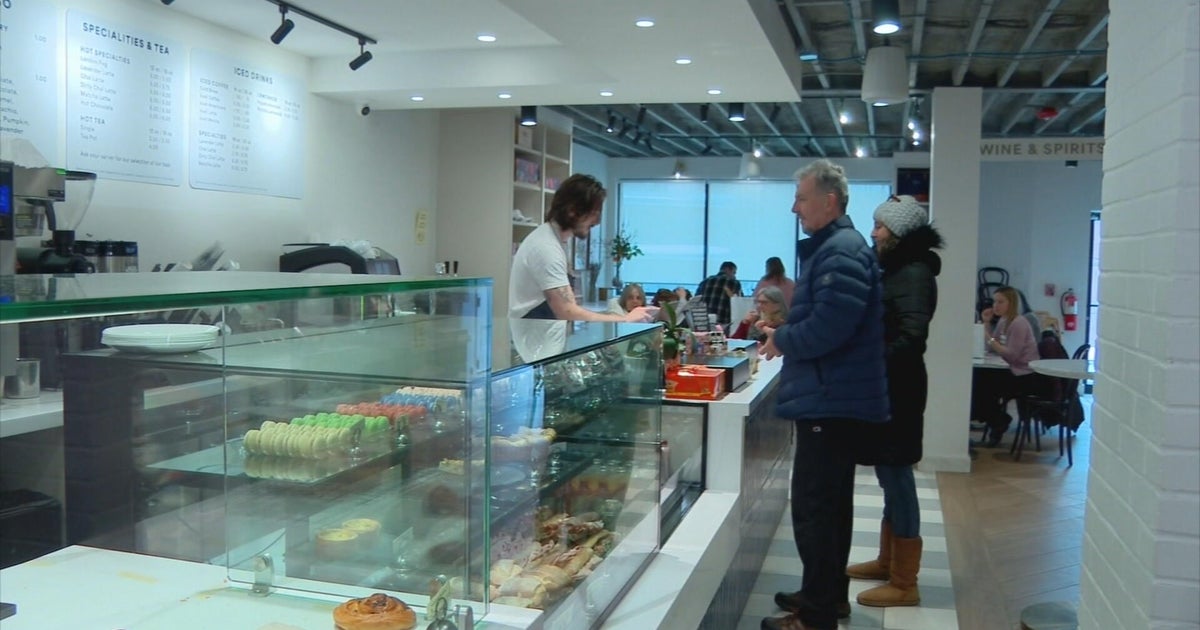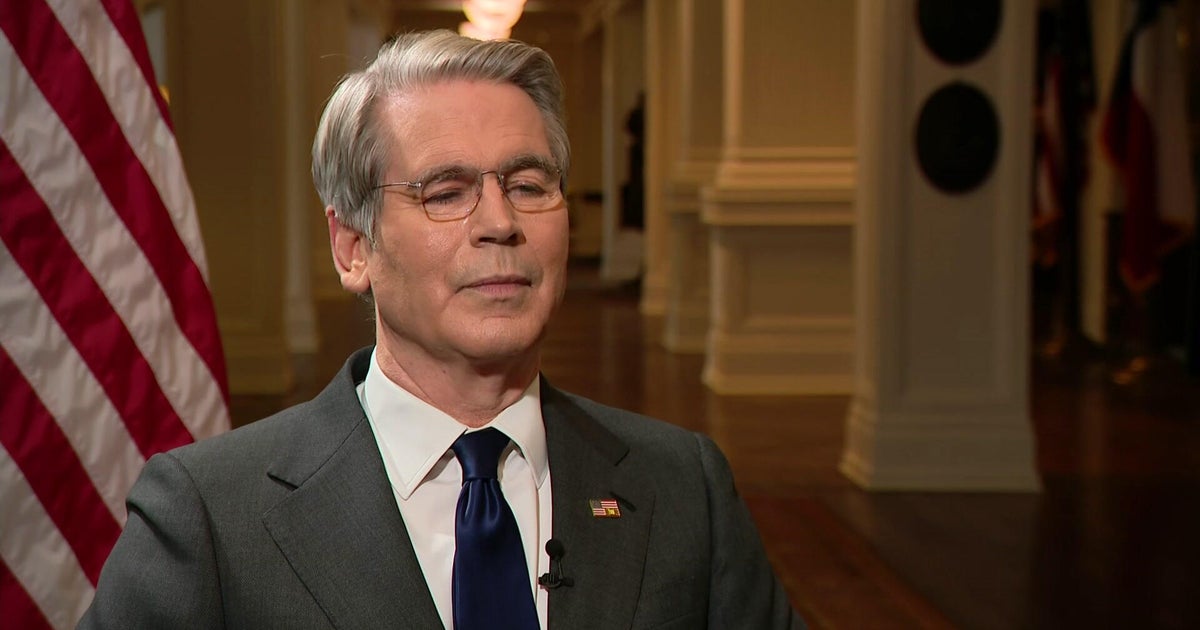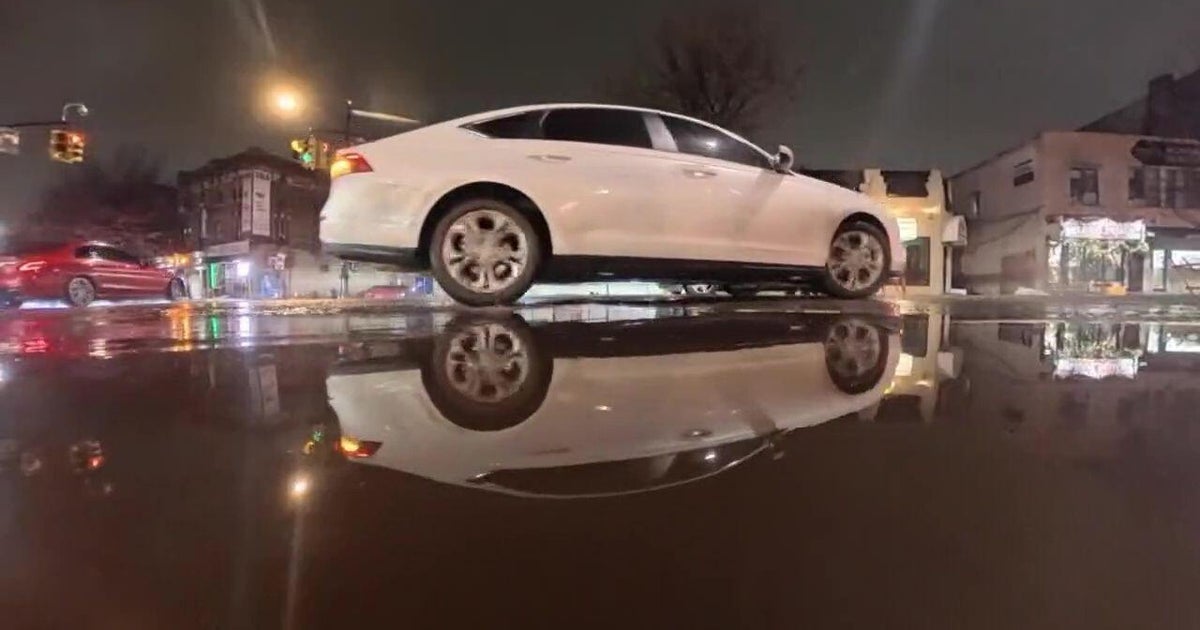Diabetes Hits Especially Hard In Poor Black Communities
CHICAGO (CBS) -- Nearly one in five African-Americans ages 20 and older have diabetes, and in Chicago the numbers are even higher on the South and West sides.
CBS 2's Mike Puccinelli reports, not long ago, Terry Martin's blood sugar level was so high, her life was in danger.
"I had passed out at work, where the ambulance had to take me to the emergency room," she said.
That was because her blood sugar was six times the normal level; and what's worse, like millions of other Americans, she had no idea she had Type 2 diabetes.
"Ultimately, it could be the end of your life; and so there are devastating consequences of the disease. Heart disease is closely linked to diabetes; stroke, amputations, blindness," said Sheena Bryant, a local coordinator for the American Diabetes Association.
Martin is one of the lucky ones. She survived her diabetes scare, and is on the path to a healthier life.
According to Chicago Department of Public Health statistics, many others succumb to the disease, and many of those victims live in neighborhoods just like Martin's.
Dr. Monica Peek, an assistant professor of internal medicine at the University of Chicago, said, "From the recent findings, the top 11 communities for diabetes death rates, 10 of those are African-American."
Those numbers are deeply troubling to researchers like Peek.
"Some of the communities that are largely African-American have up to four and a half times the rate of dying from diabetes, when you look at some of the more affluent, primarily white populations in the city," she said.
That adds up to a lot of life lost.
"Potentially ten years of life can be lost related to diabetes, when you look at some of the neighborhoods," she said.
Martin said doesn't plan to become one of the statistics. That's why she enrolled in a free diabetes education course at the University of Chicago. It emphasizes portion control and exercise.
"Think the class that I go to helps me a lot. It really does," she said.
The program Martin is attending is free of charge, and is offered through the University of Chicago.



